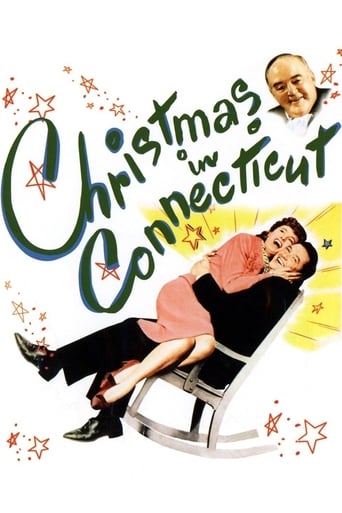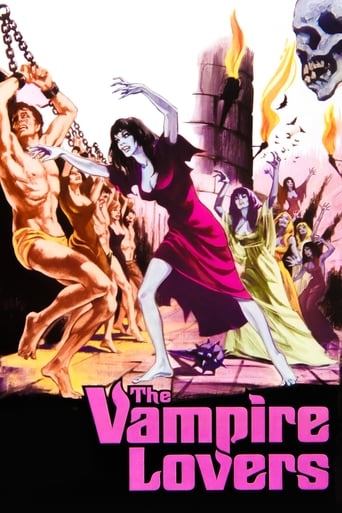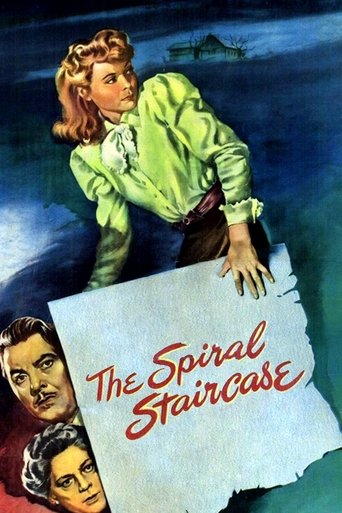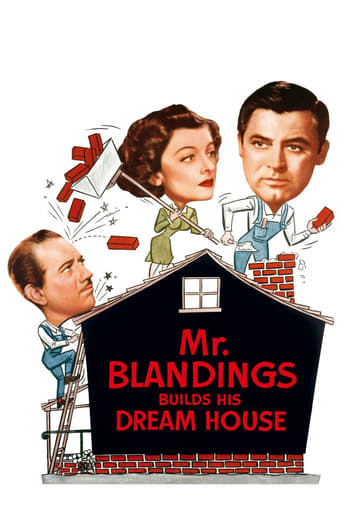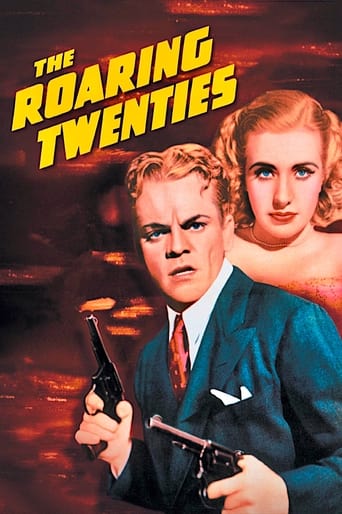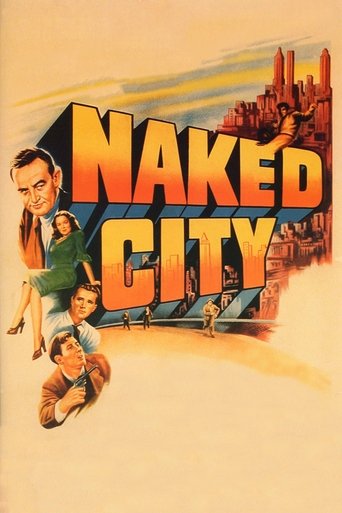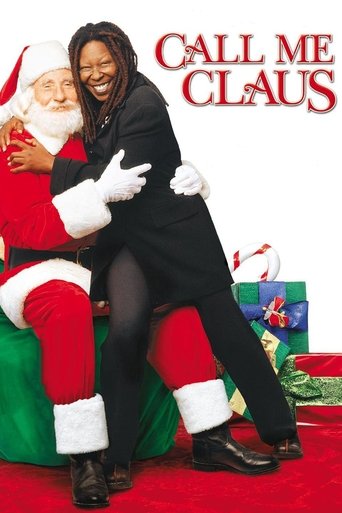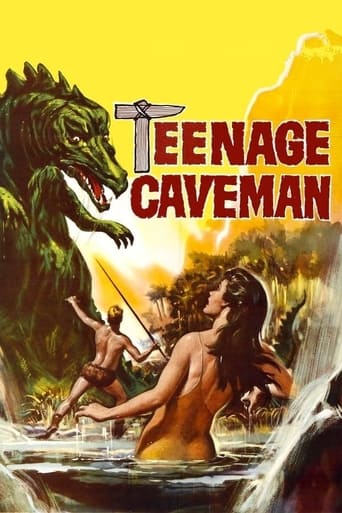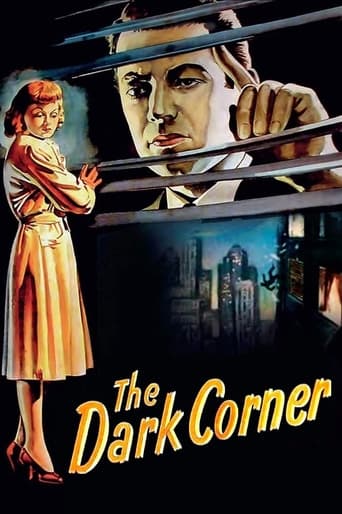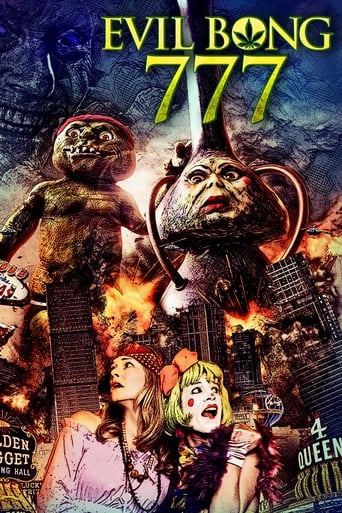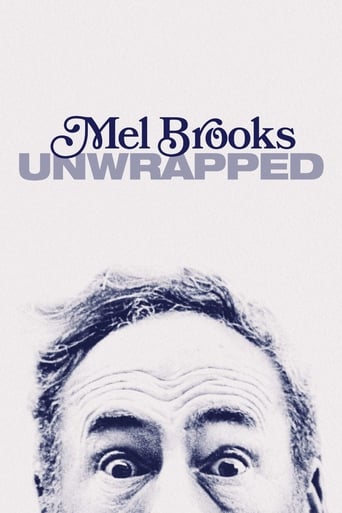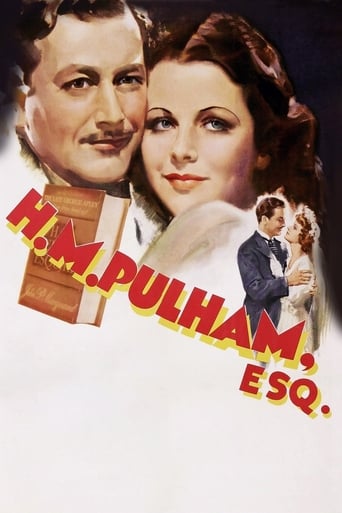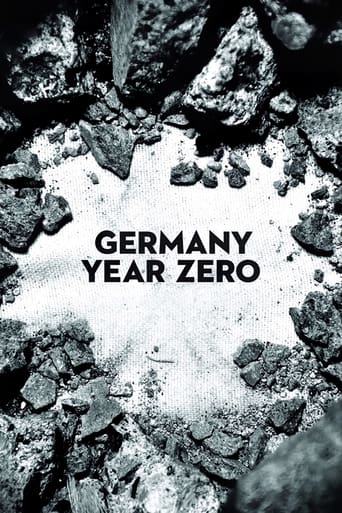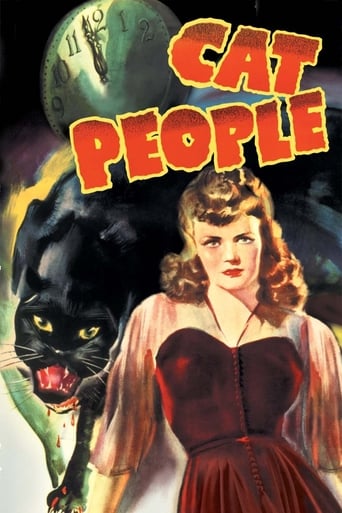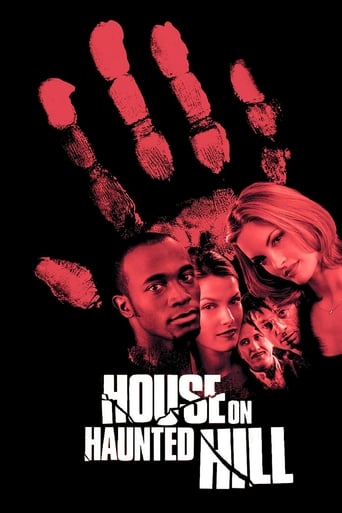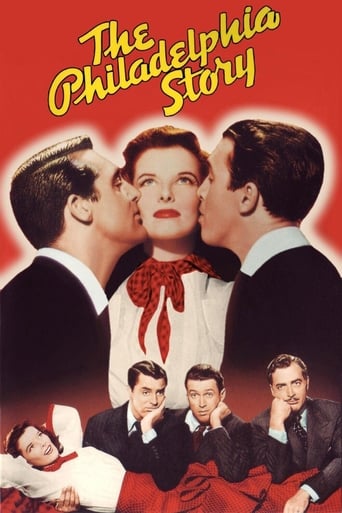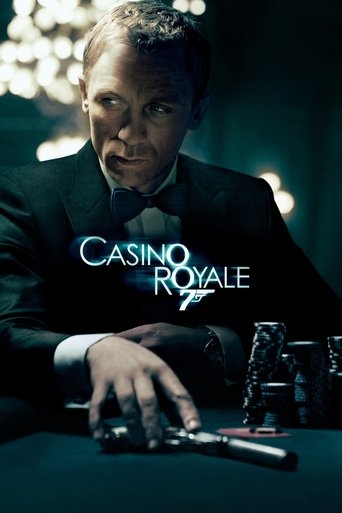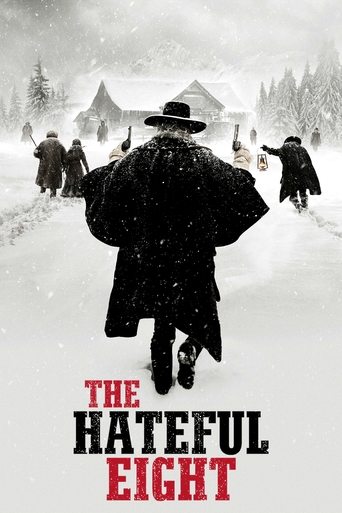Call Northside 777
It couldn't happen... but it did!
In 1932, a cop is killed and Frank Wiecek sentenced to life. Eleven years later, a newspaper ad by Frank's mother leads Chicago reporter P.J. O'Neal to look into the case. For some time, O'Neal continues to believe Frank guilty. But when he starts to change his mind, he meets increased resistance from authorities unwilling to be proved wrong.
Trailers & Videos

Call Northside 777
Cast
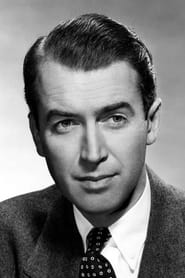
James Stewart
P.J. 'Jim' McNeal
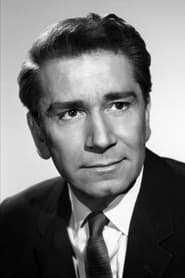
Richard Conte
Frank W. Wiecek
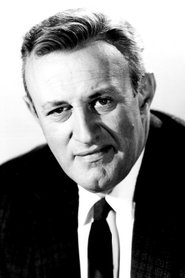
Lee J. Cobb
Brian Kelly
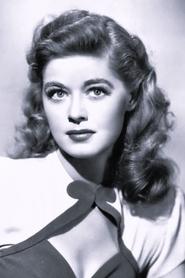
Helen Walker
Laura McNeal
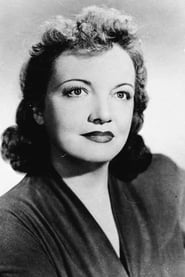
Betty Garde
Wanda Skutnik
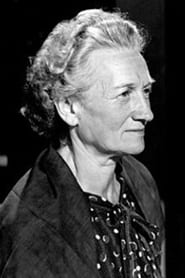
Kasia Orzazewski
Tillie Wiecek
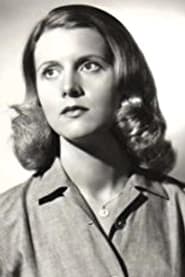
Joanne De Bergh
Helen Wiecek

Howard Smith
K.L. Palmer
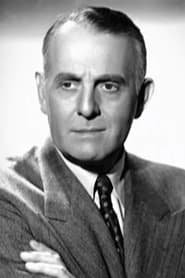
Moroni Olsen
Parole Board Chairman
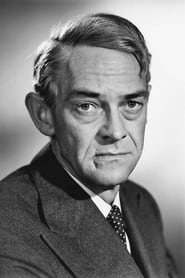
John McIntire
Sam Faxon
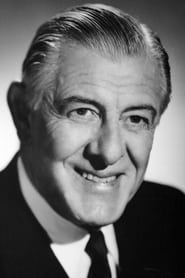
Paul Harvey
Martin J. Burns
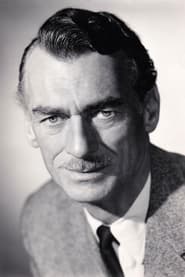
Robert Adler
Taxicab Driver (uncredited)
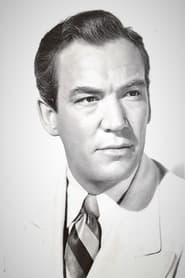
Truman Bradley
Narrator (voice) (uncredited)
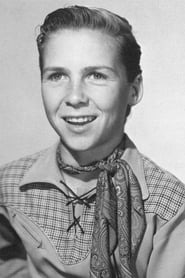
Michael Chapin
Frank Wiecek Jr. (uncredited)
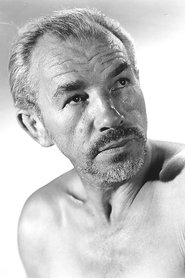
James Dime
Poker Player (uncredited)
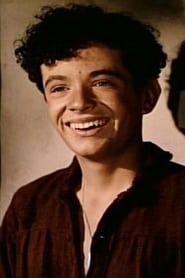
Rex Downing
Copy Boy (uncredited)
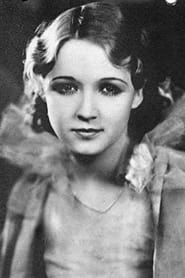
Helen Foster
Secretary (uncredited)
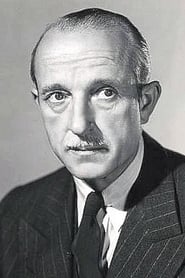
Jonathan Hale
Governor's Aide Robert Winston (uncredited)
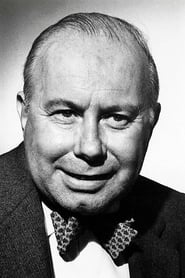
Percy Helton
Mailman William Decker (uncredited)
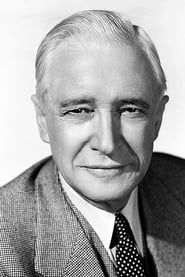
Samuel S. Hinds
Judge Charles Moulton (uncredited)
More Like This
Reviews
John Chard
This is a true story.
When a patrol cop is shot and killed, small time crook Frank Wiecek is tried for the crime and promptly sentenced to life imprisonment. Some 11 years on, tough cookie reporter P.J. McNeal gets involved with the case, the further he delves, the more he believes that Wiecek is innocent, but can he find evidence to back up his belief?
Filmed in semi-documentary style by director Henry Hathaway, this James Stewart led noir thriller oozes realism from start to finish. It's actually the lack of gloss and glamour that is the film's trump card. Based on the real story of the Joe Majczek case in 1933, it's filmed perfectly on location in Chicago {where the actual events happened}, gloriously mood emphasised by Joe MacDonald's superb black & white cinematography, and scored with tonal adroitness by Alfred Newman. As intrepid Chicago Times reporter McNeal (based on real reporter Jim McGuire who was a Pulitzer Prize winner for his investigative efforts on this case), James Stewart lays down a marker for the more edgier character roles that would follow for him in the 50s. Here he plays it perfect as McNeal shifts from mere cynical newsman to an outright crusader of justice; and it's riding along with McNeal that this human interest piece lifts itself to great crime thriller heights. Along the way we find problems are encountered and police procedural techniques are scrutinised. All may not be as it first seemed, and this mysterious element ices what was already a delightful docu-drama based cake.
There is not much else to say, it's a film I personally highly recommend, a fascinating story that is given top care and attention from all involved, mean, moody and yes, magnificent. 8/10
CinemaSerf
James Stewart and Lee J. Cobb are both on top form in this crime thriller. The latter, the boss who sends the former, one of his better reporters, to investigate the case of convicted murderer "Frank Wiecek" (Richard Conte) after his mother puts an ad in a newspaper offering $5000 for information that might cast doubt on the voracity of the verdict. Initially sceptical, "McNeal", soon begins to suspect that perhaps the conviction - based solely on the testament of a long lost witness "Wanda Skutnik" - might be flawed. Now, he has to deal with understandable hostility from the Chicago PD as well as manage the hopeful optimism of the man's mother as his search involves some risk to himself, the gut instinct innate to a good journalist and the innovative use of state of the art technology (for the 1940s) to try and get the evidence to enable a pardon board to reverse the sentence. Aside from a slightly over-bearing narrator, Henry Hathaway manages to build the tension and keep it going well for a strong last hour of the picture with a lovely, grittily jazzy score from Alfred Newman. Not seen very often nowadays, but if you get a chance - it's well worth two hours of anyone's time.
You've reached the end.

